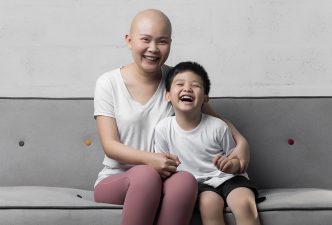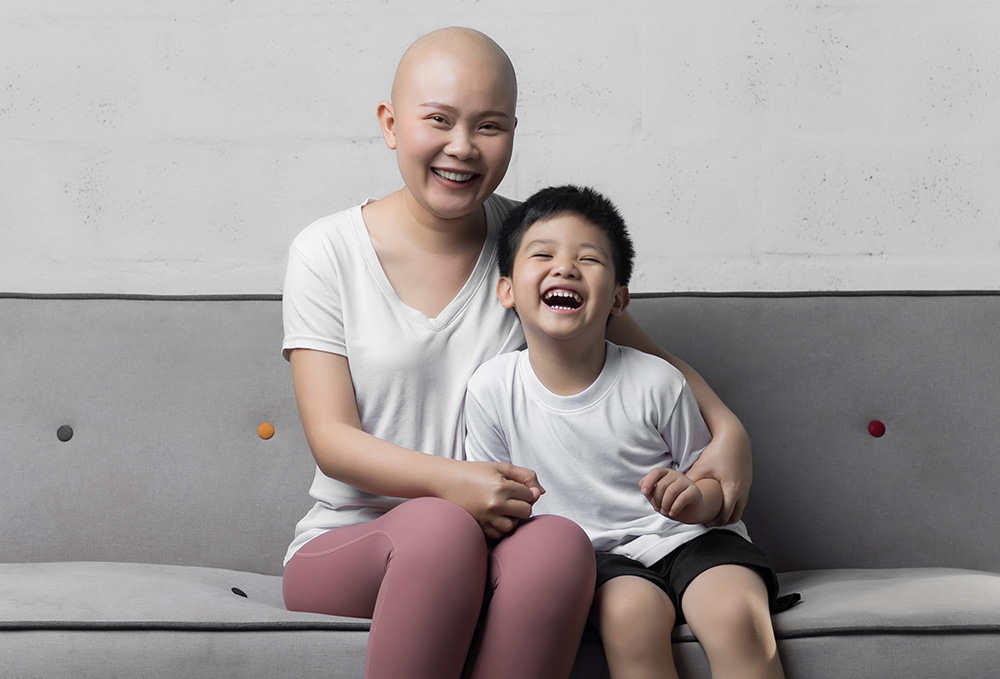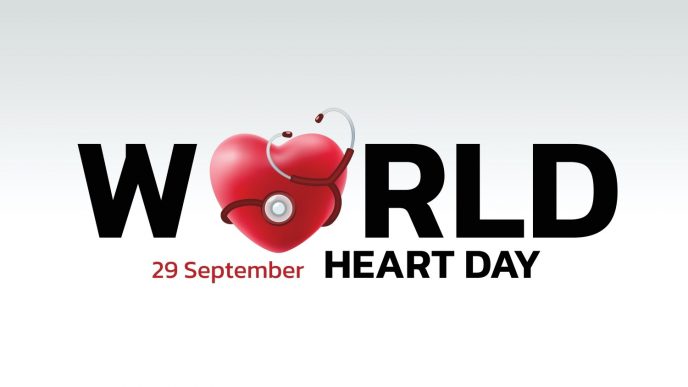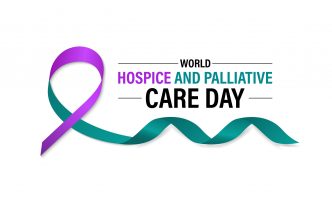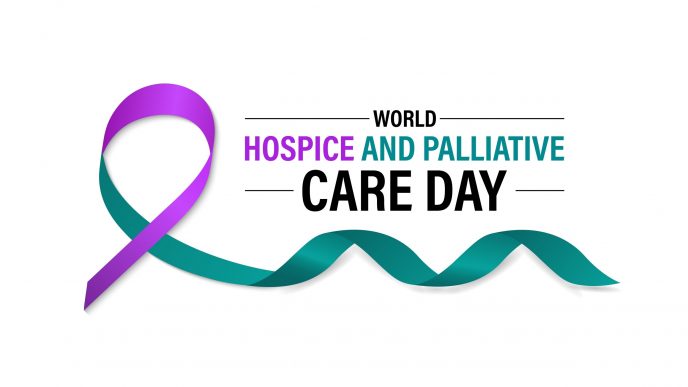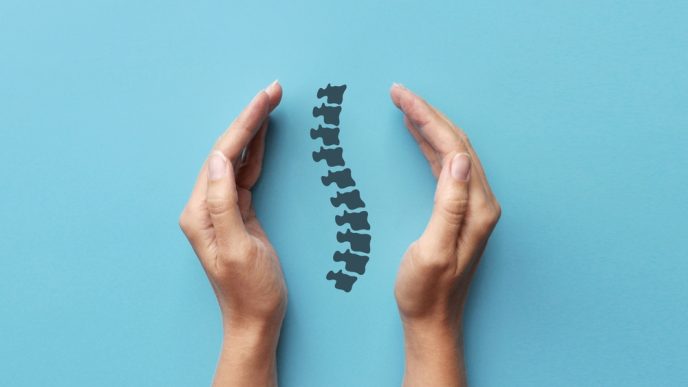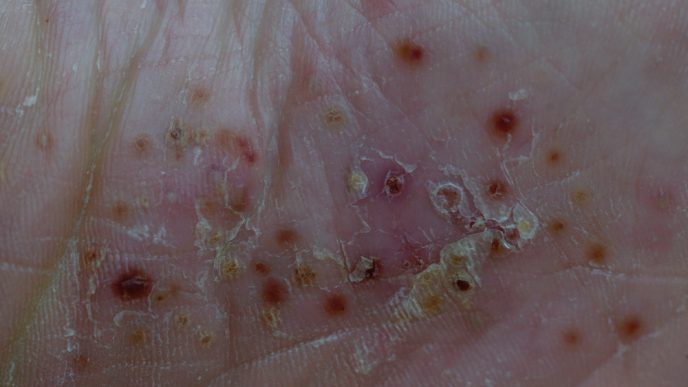WORDS LIM TECK CHOON
 FEATURED EXPERT FEATURED EXPERTDR MALWINDER SINGH SANDHU “The Bald Oncologist” Consultant Clinical Oncologist Pantai Hospital Kuala Lumpur Website and Social Media |
In the realm of oncology, gender plays a crucial role in shaping caregiving dynamics and communication between patients and healthcare providers. To give us a better understanding of this, Dr Malwinder Singh Sandhu, also known as “The Bald Oncologist”, joins to share some valuable insights into how gender influences caregiving responsibilities and impacts the support needs of patients navigating cancer treatment.
GENDER NORMS AND CANCER COMMUNICATION
Dr Malwinder reveals that, in Malaysia, cultural expectations and gender norms play a crucial role in shaping the way cancer patients communicate with healthcare providers, adhere to treatment plans, and cope with the challenges of the disease. These gender-specific factors have significant implications for both the diagnosis and management of cancer.
| MEN | WOMEN |
|
|
GENDER-SPECIFIC BARRIERS TO CANCER CARE
According to Dr Malwinder, gender norms can also present barriers to accessing cancer care,
| MEN | WOMEN |
|
|
PSYCHOLOGICAL IMPACT OF CANCER DIAGNOSIS & TREATMENT
“Men and women experience cancer’s psychological toll differently,” Dr Malwinder tells us.
| MEN | WOMEN |
|
|
One way to address these psychological challenges for both men and women is by joining a support group.
- These groups provide a safe space for patients to share their concerns, gain emotional support, and learn how to cope with their illness from others facing similar experiences.
- Support groups can help break down gender barriers, encouraging both men and women to open up about their struggles, and ultimately improve their overall mental health.
BODY IMAGE CONCERNS IN CANCER PATIENTS
“Changes in physical appearance from cancer treatments, such as surgery or chemotherapy, can cause body image issues,” says Dr Malwinder. “These concerns are also shaped by gender.”
| WOMEN | MEN |
| Physical changes, like hair loss or mastectomies, can severely impact a woman’s sense of identity, exacerbating stress and leading to potential identity crises. | While not discussed as openly, men also struggle with body image issues, especially when treatments cause weakness or weight loss, challenging their sense of masculinity |
HOW GENDER INFLUENCES OTHER ASPECTS OF CANCER CARE
Dr Malwinder further shares the following information.
| MEN | WOMEN |
|
|
DR MALWINDER’S RECOMMENDATIONS TO HEALTHCARE PROVIDERS FOR A MORE GENDER-INCLUSIVE APPROACH TO CANCER CARE
Diagnosis
| MEN | WOMEN |
| Oncologists should create a safe environment for men to express vulnerability without judgment. | Healthcare providers should encourage women to prioritize their own health over caregiving responsibilities. |
Treatment
| MEN | WOMEN |
| Treatment plans should accommodate men’s work commitments to improve adherence. | Offer support for balancing family care and treatment helps women adhere to their treatment plans. |
Follow-up Care
| MEN | WOMEN |
|
|
Caregiving Support
- Acknowledge the different strengths of male and female caregivers.
- Support programs should cater to the strengths and challenges of both genders.
- Female caregivers might need respite care and emotional support, while male caregivers could benefit from guidance in providing more emotional care.
- Encourage open communication.
- Open conversations about caregiving and support can break down gender norms.
- Male caregivers should be encouraged to engage emotionally, while female caregivers should feel empowered to ask for help and set boundaries.
- Expand support networks for male patients.
- Community programs should be developed to help male cancer survivors and caregivers connect.
- Tailored support groups for men can provide a space to discuss struggles and break cultural barriers.
- Establish family support structures.
- Families should be educated on sharing caregiving responsibilities equally, encouraging sons and male relatives to take on more emotional caregiving roles.
- Leverage community and religious groups.
- Community and religious organizations play a crucial role in providing social support, especially for female patients.
- Encourage these groups to also support male patients and caregivers as an essential step to extend care networks.

